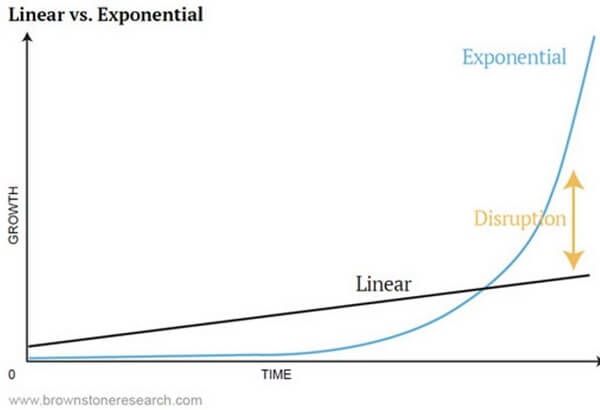OpenAI's hint at the proximity of AGI
Authored by: Jeff Brown via Bleeding Edge
OpenAI just released a new mission statement that gives us insight into how fast artificial intelligence (AI) is moving. The paper is called "Planning for AGI and Beyond."
AGI stands for Artificial General Intelligence. As we've discussed before, that's the point at which an AI can perform general tasks as well or better than humans in just about any discipline we can imagine. It's where AIs can become experts in any field. And AGI will be able to solve tasks unfamiliar with and without prior learning, much like humans solve problems.
This has always been science fiction until now.
Many analysts said that AGI would remain in the realm of science fiction for decades to come. Most said we would only have to worry about AGI in the 2040s.
I went on record in 2019 and predicted we would see AGI by 2028. And OpenAI's new paper suggests that my prediction is right on track.
We've been talking all year about generative AI and OpenAI's incredible ChatGPT. If we remember, OpenAI just released ChatGPT back in December. It's brand new.
Yet, we've seen a flurry of developments since then. And we know that OpenAI already has an upgraded version of ChatGPT in beta testing based on its bleeding edge, large language model GPT-4.
Replay Now Available: The Looming 44-Day Crash with Jeff Clark
Everything's been moving unbelievably fast. And get this – OpenAI says that the pace of development is about to get even quicker. That's hard to imagine.
In the paper, OpenAI points out two things driving AI towards AGI. One is the rapid development of computational infrastructure explicitly designed for AI. The other is an improvement in the data inputs that AI learns from. These two factors will likely produce AGI before the decade's end.
That has significant implications, good and bad.
On the positive side, we're getting very close to the point where AI could take over a large percentage of all humans' work. The great news is that this will free up human labor for higher-order tasks.
This is an essential point. It doesn't necessarily mean job displacement because it will dramatically improve labor productivity. Said more simply, the human workforce will be able to accomplish even more without working additional hours.
Artificial general intelligence could prepare our taxes, develop new drugs in a matter of weeks, and predict and support our daily needs. And when embodied by a humanoid robot, the technology can even perform menial, time-consuming, and dangerous labor.
The bad news is that our society needs a roadmap to deal with such an enormous disruption.
Human beings are good at adapting to linear change. But we need help to cope with exponential growth. I've shared the below chart before, but it's a good illustration of this phenomenon.

Are humans prepared for artificial intelligence that's "smarter" than any known human being? How will our society respond to such a thing? And what does that world look like?
One of our generation's most significant challenges will be managing this great disruption and employing an ethical and safe framework for using this powerful technology. We have now officially entered that window of disruption. Pandora's box has been opened, and there's no turning back.
The moment of AGI is closer than most realize. And given what's happened in the last three months, I'm beginning to think that my prediction may have been too conservative.
This article was printed from TradingSig.com